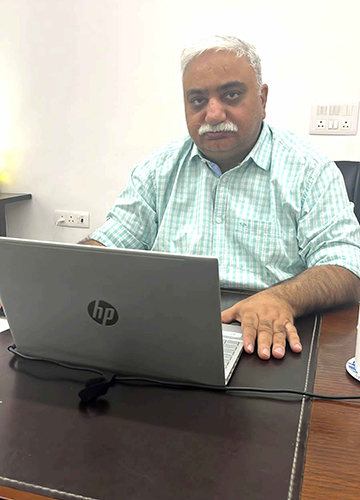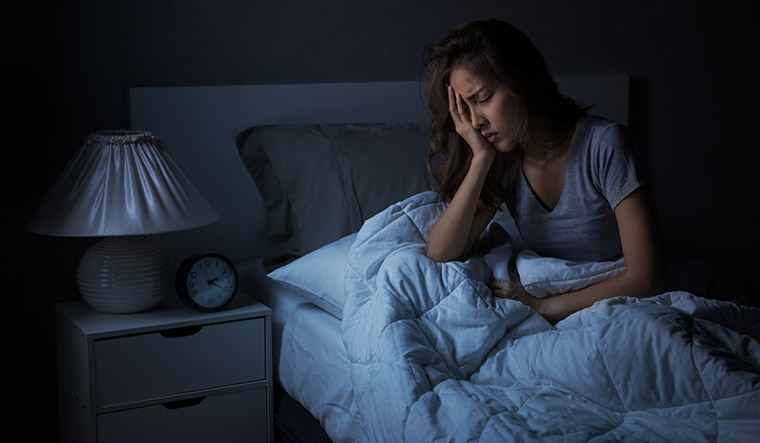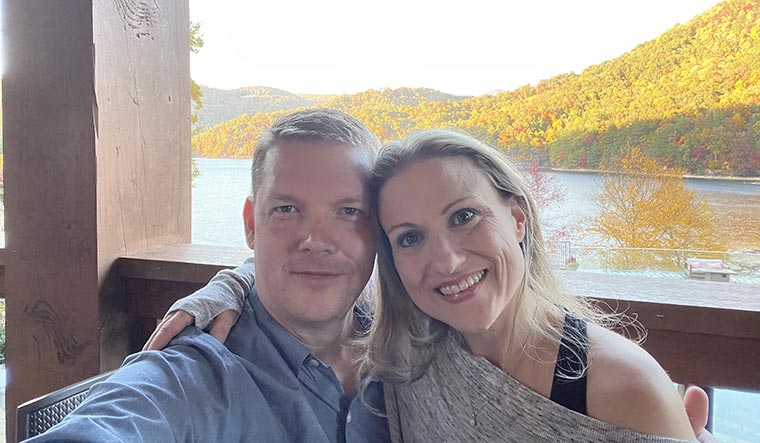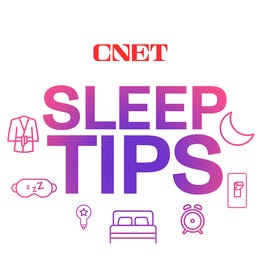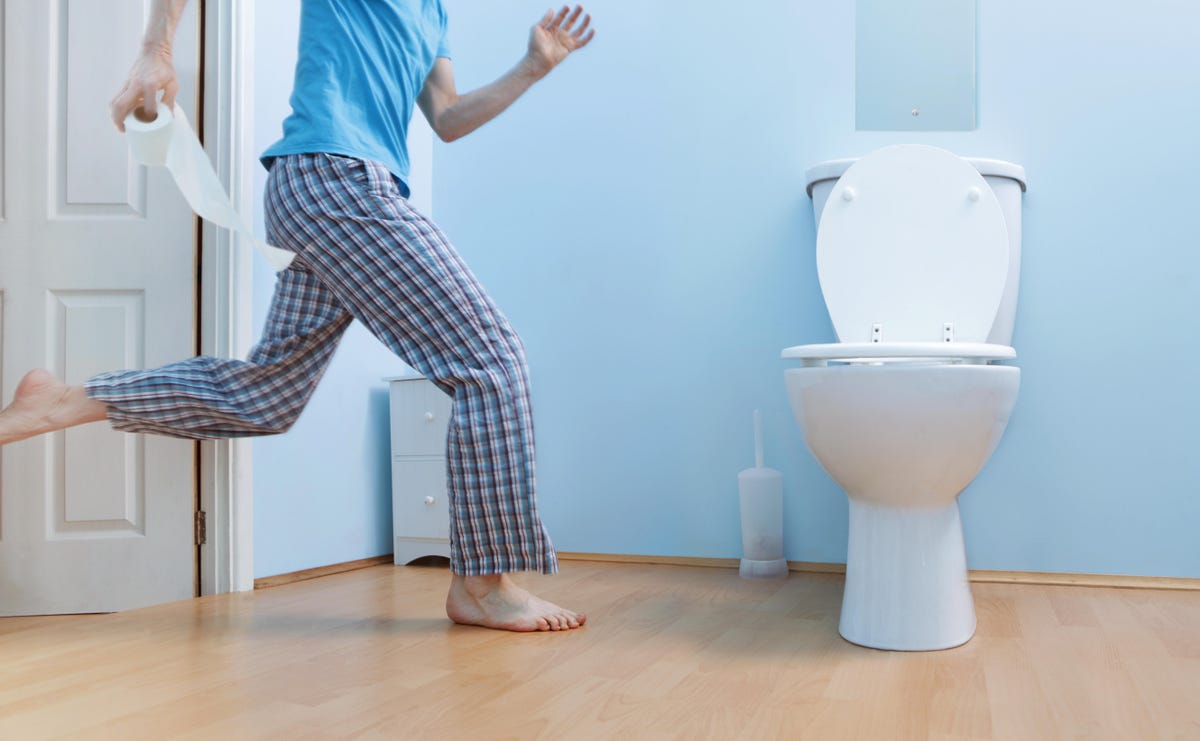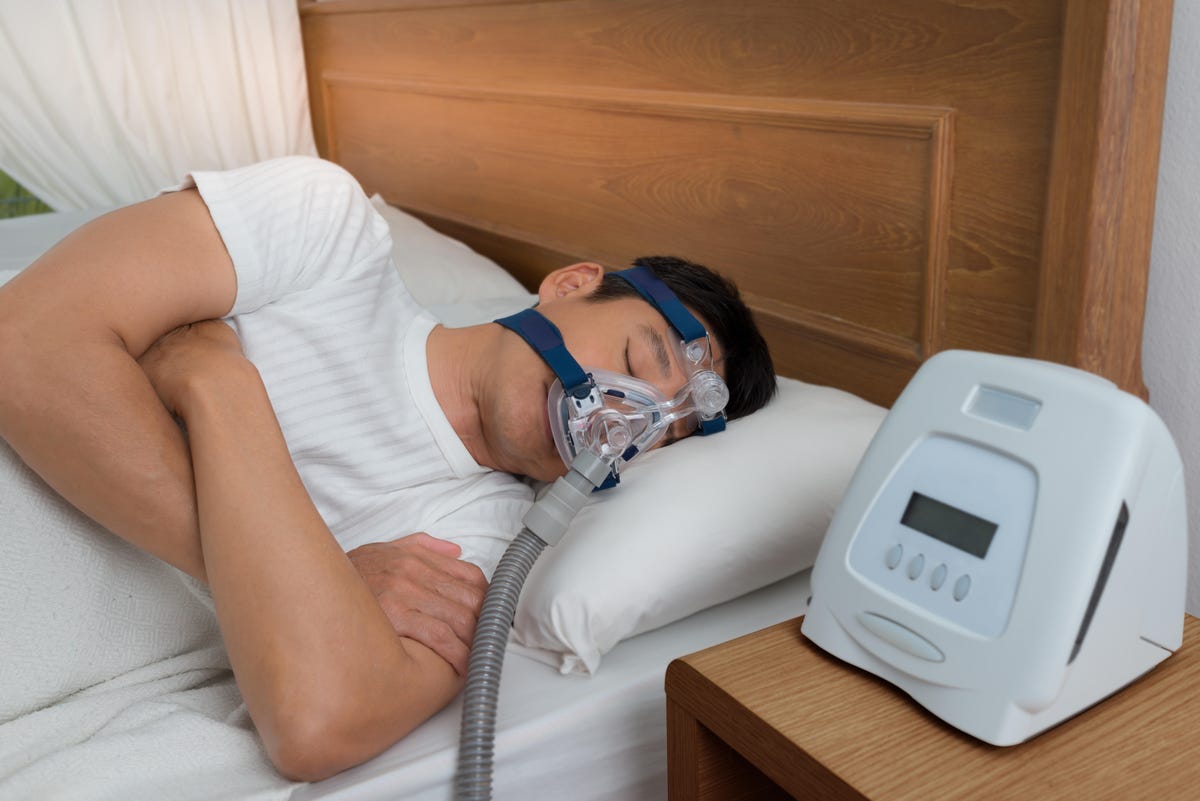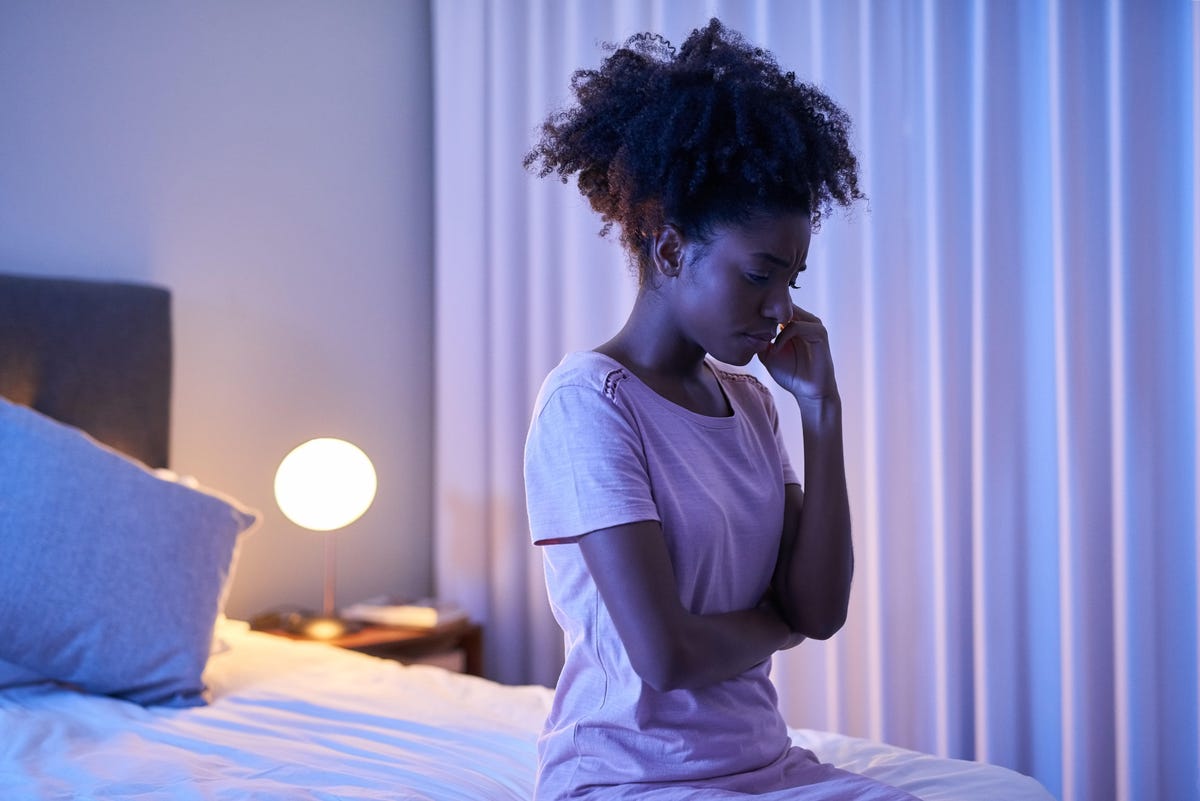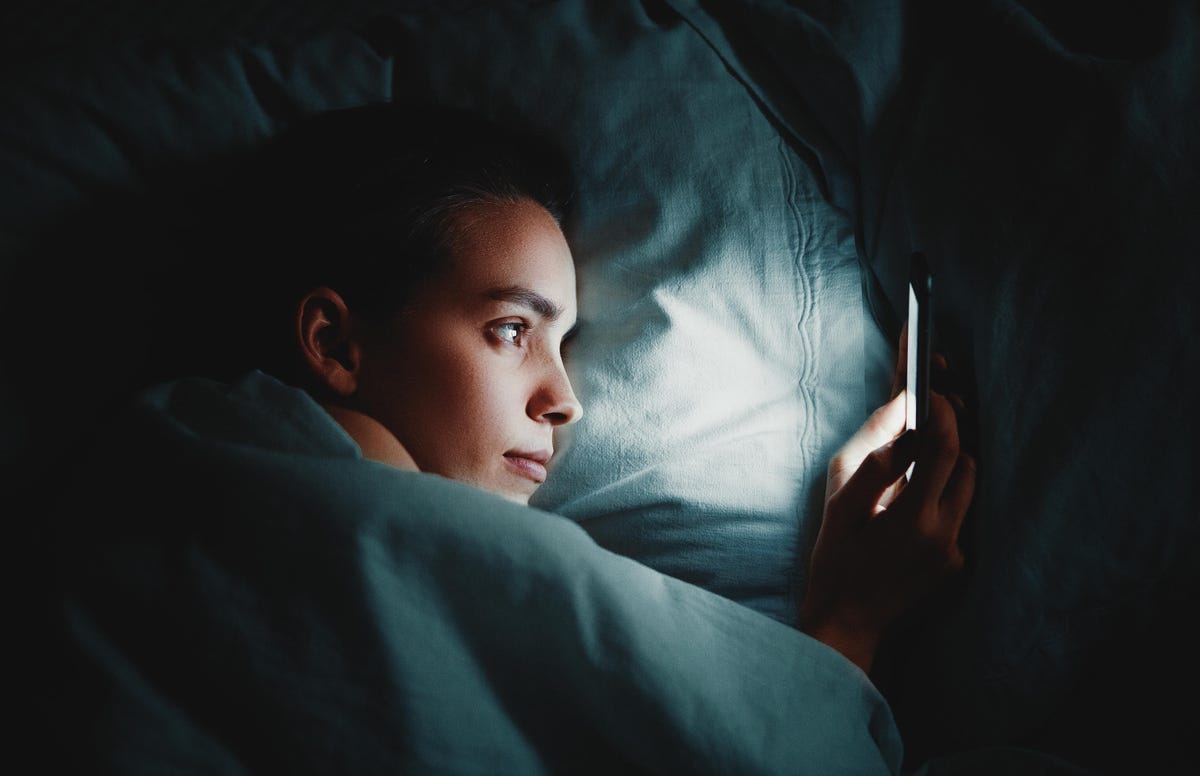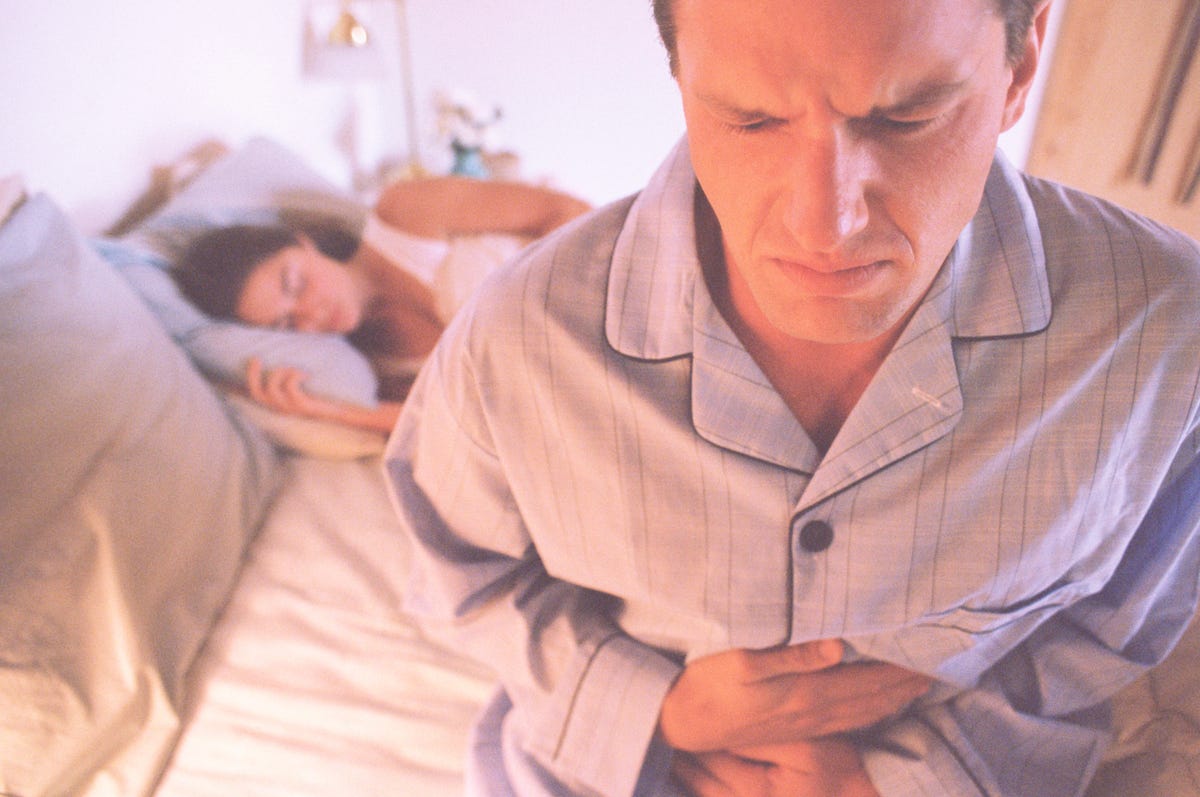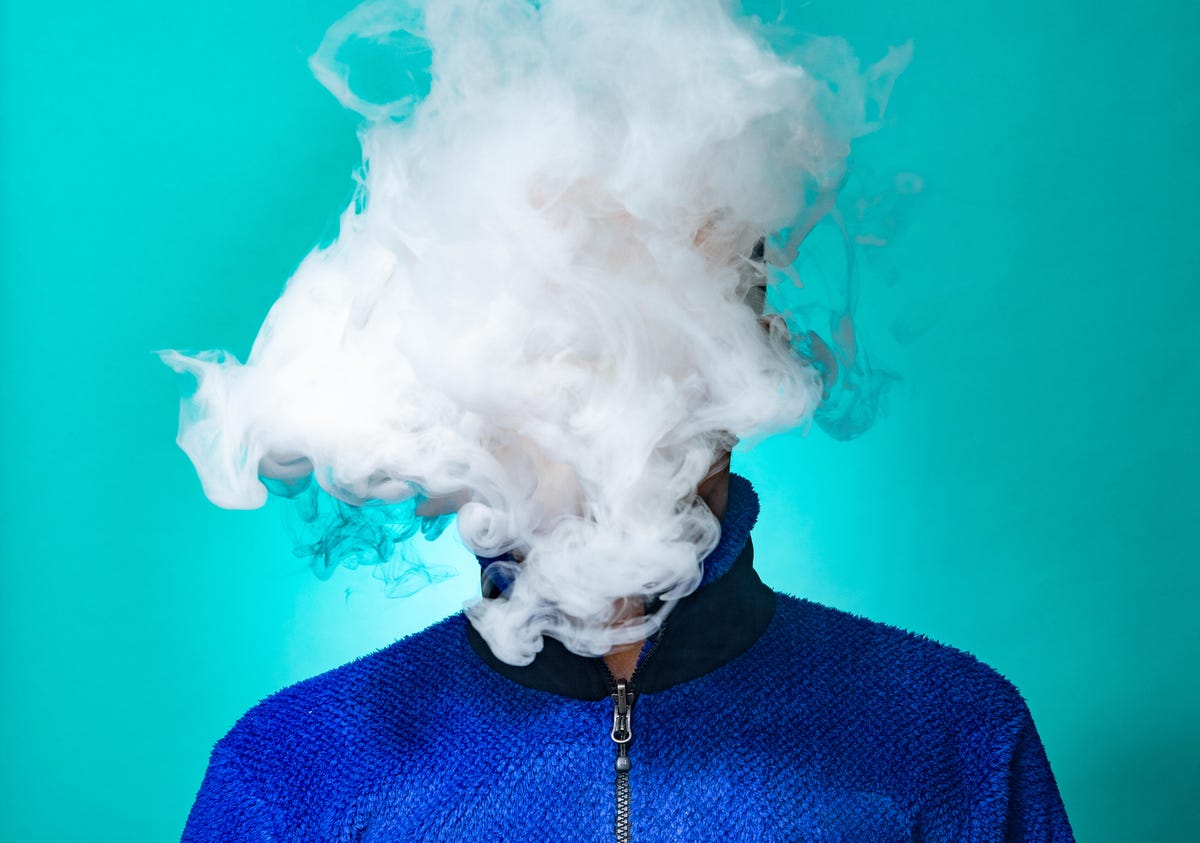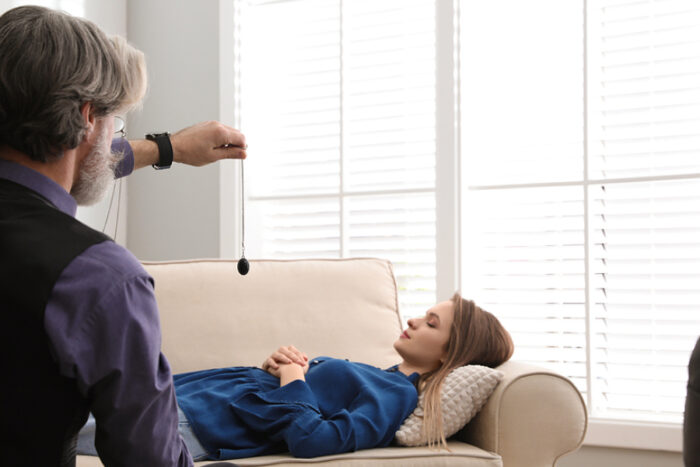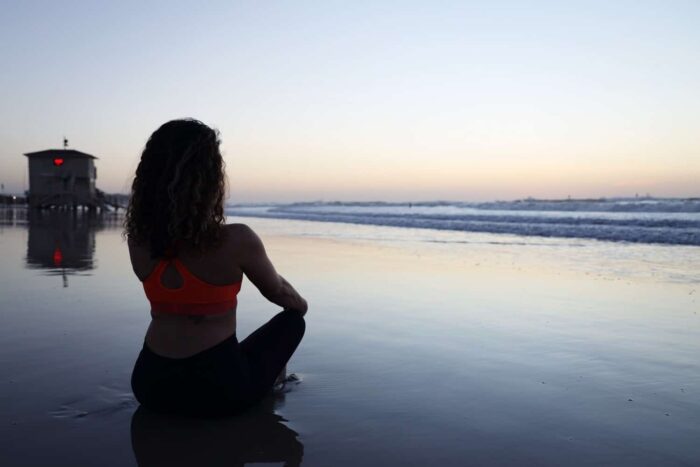From theweek.in
Understanding sleep disorders and what causes them
Sleep is a fascinating biological process.
“Birds can sleep while flying. Seals can use different sleep biology while swimming in the sea and when on land,” says Dr Sanjeev Jain, former senior professor, department of psychiatry, Molecular Genetics Laboratory, and dean, behavioural sciences, National Institute of Mental Health and Neurosciences (NIMHANS), Bengaluru.
Sleep is an efficient way to 'service' the brain, to make sure it works well and long enough, says Jain. “All through life, sleep is essential to provide the brain time to rest and recuperate, and to get rid of the residue of information processing that uses up a lot of metabolic energy,” explains Jain. “So like any other organ, these waste products have to be removed, the electrical circuits have to be serviced and checked, and new learning has to be stored efficiently. As the master controller, it also has to organise rest for the rest of the body.”
Sleep deprivation can wreak havoc on our body and brain. One should get seven to nine hours of uninterrupted sleep each night. “If you don’t get enough sleep for various reasons, it could increase your risk of cardiac arrest or a premature heart attack,” warns Dr Subhash Chandra, chairman and head of cardiology, BLK-Max Super Speciality Hospital, New Delhi.
Sleep deprivation is a silent epidemic. Light pollution― excessive exposure to light and using light-emitting devices like smartphones and laptops for long hours―jeopardises our sleep patterns. “Many issues such as depression, attention-deficit disorder and chronic anxiety may be linked to light pollution,” says Jain.
The increase in the prevalence of sleep disorders among young adults is a matter of concern. Dr Shama Kovale, consultant ENT, Kokilaben Dhirubhai Ambani hospital, Mumbai, attributes it to lifestyle choices. “Incidence of sleep apnoea has increased in young adults because of obesity, again related to sedentary lifestyle, though it can also occur in non-obese patients,” she says. “There are other sleep disorders like insomnia that happen due to increase in screen time, reduced physical activity and stress.”
Sleep architecture is a cyclical pattern and is divided into two parts―REM (rapid eye movement) and non-REM―explains Dr P.S. Biswas, consultant psychiatrist, Manipal Hospital, Salt Lake, Kolkata. Sleepwalking, a type of sleep disorder, is witnessed in the deepest stage of sleep or non-REM. It is mostly seen among children and young adults. “The main cause of sleepwalking is sleep deprivation, frequent changes in sleep timings, jet lag and genetic factors,” says Biswas. “People suffering from obstructive sleep apnoea can also experience sleepwalking episodes. Sleep talking (somniloquy) is caused by emotional stress and is mostly seen among children aged between three and 10.”
Some genetic defects can cause severe sleep disorders, which can even be fatal, says Jain.
Here are six common sleep disorders:
OBSTRUCTIVE SLEEP APNOEA
The daily commute from Noida to Gurugram turned a nightmare for Sukhwinder S. Manchanda, as he developed sleep problems. The 53-year-old who works for Kirei, a garment exporting company, would feel sleepy driving to work. “There were times when I had to stop my car on the side of the road, take a nap and continue,” recalls Manchanda, who is moderately obese. Manchanda would snore loudly waking his wife up at night. He also started losing sleep over not being productive during the day and he decided to consult Dr Vivek Nangia, principal director and head-pulmonology, Max Super Speciality Hospital, Saket, in 2019. Based on his symptoms and an overnight sleep study, Manchanda was diagnosed with severe obstructive sleep apnoea (OSA). “Snoring, if associated with obstruction to airflow, can prove to be fatal,” warns Nangia. A patient with OSA experiences cessation or reduction of airflow into the lungs during sleep owing to obstruction in the upper airways. When the patient snores, there is some flow of air happening. But snoring is often followed by a complete cessation of air leading to a drop in oxygen levels, says Nangia. “This happens multiple times in the night resulting in [a delay in the oxygen] reaching the various organs of the body including brain, heart, kidneys,” he says. “It can have a plethora of implications on the human body.” The obstruction to the airflow could be due to various causes, including laxity of the muscles at the back of the throat, which become sloppy and collapse inwards to block the passage of air during sleep, he adds.
“Other causes could be anatomic variations like bulky tongue, enlarged nostrils or uvula, and a lower jaw pushed backwards.’’ OSA is more common in men than in women. Women during pregnancy and after menopause are at a higher risk of OSA. Increasing age, obesity, particularly upper body adiposity, diabetes, alcohol or sedative use and smoking are also predisposing factors for OSA. Loud, habitual snoring and noisy breathing in all sleeping positions are the most common symptoms of OSA, says Nangia. “It is usually associated with fragmented sleep, frequent awakening at night, urge to pass urine during the night, choking sensation during sleep, tossing and turning in bed, jerky leg movements, morning headache and dozing off during the day at the slightest opportunity,” he says. “OSA is a significant contributor to road accidents as well.” The impact of OSA is not just limited to disturbed sleep―it could lead to hypertension, cardiac issues, treatment-resistant depression, dementia and more. “Such patients are more likely to have complications after major surgery as they are prone to breathing problems, especially when sedated and lying on their back,” says Nangia. OSA could manifest in children with non-specific symptoms like poor learning, attention deficit or hyperactivity disorder and complications like neurocognitive impairment and behavioural problems. The gold standard treatment for OSA is continuous positive airway pressure therapy. Manchanda has been using a CPAP machine ever since he was diagnosed with OSA. “Now I get eight hours of uninterrupted sleep,” he says, “and I wake up more refreshed.”
CIRCADIAN RHYTHM DISORDER
Mahesh K.C., an IT professional from Bengaluru, works different shifts through the week and frequently travels abroad. He drinks and smokes occasionally. The 36-year-old would often complain of sleeplessness, oversleeping and fatigue. He was diagnosed with Circadian Rhythm Disorder (shift work disorder and jet lag), after taking his medical background and physical assessment into account. Circadian Rhythm Disorder includes either trouble falling asleep, waking up in the middle of the night, or getting up too early and having trouble going back to sleep. Mahesh required counselling, lifestyle modification and proper drug initiation to get his life back on track.
Jet lag can strike you when you travel across different time zones. “Daytime sleepiness, sleeplessness at night, headache, appetite loss, digestive problems, restlessness or moderate depression are all indications of jet lag,” says Dr Sudharshan K.S., consultant pulmonologist at Fortis Hospital, Bengaluru. Changing time zones could disrupt your sleep, leading to circadian rhythm disruptions. Circadian rhythm disorders are caused by the body’s internal clock differing from the time in the new time zone. “Depending on how quickly our internal biological clock adjusts to new external changes, jet lag is typically just temporary,” says Sudharshan.
Shift work can also disrupt your circadian rhythm. People who work on night shifts on a regular basis or switch between shifts can have long-term disturbances that could impact their social and physical well-being. People who regularly work the night shift must get used to napping during the day and being awake and aware at night, suggests Sudharshan.
RESTLESS LEG SYNDROME
When sleep eludes him, Dr Bhupesh whiles away the hours imagining stories or watching YouTube. Sometimes, the critical care specialist from Pauri Garhwal reads books to fall asleep. But nothing seems to work. The 47-year-old suffers from Restless Leg Syndrome (RLS), also known as Willis-Ekbom disease. “RLS is a common sensorimotor neurological disorder characterised by an urge to move the legs due to unpleasant sensations,” explains Dr Sanjay Pandey, head of neurology, Amrita Hospital, Faridabad. The symptoms are usually worse in the evening. “It takes me around an hour or even longer to fall asleep,” says Bhupesh. He cannot sleep through the night because of the urge to move his legs and hardly wakes up refreshed. There are times when he has had to request for an exchange of duty.
Due to missing and interrupted sleep, he had severe headaches a few years ago and was put on prophylactic treatment. Prophylactic drugs can be nauseating. “I’d still take it because missing a single dose meant missing a night’s sleep,” he says. RLS progresses slowly. “Initially, only my lower limbs were involved,” says Bhupesh. “Later on, I had unpleasant sensations in my upper limbs as well.” RLS is twice as prevalent in women than in men. In more than 50 per cent patients, positive family history is reported. “The strong familial component has led to decades of genetic research in RLS and now it is considered a complex genetic disease,” says Pandey. Bhupesh’s mother and a maternal uncle, too, had RLS.
In 85 per cent of patients, sleep disturbances with periodic limb movement (PLM) are reported. The reported prevalence of RLS during pregnancy ranged from 11.3 per cent to 19 per cent and is reported to be highest in the third trimester. “Also, in many studies, the prevalence of RLS is reported to be strongly associated with the number of children that a woman had given birth to,” says Pandey. “These studies should be replicated in India, considering the high birth rate in many parts of the country.”
Some of the risk factors for RLS include Parkinson’s disease, peripheral neuropathy, cardiovascular disease, diabetes, arterial hypertension and depression. Lower levels of serotonin, a neurotransmitter, can also cause RLS. Also, in some conditions such as iron deficiency anaemia, renal insufficiency and pregnancy, RLS can severely affect both the health condition and quality of life, says Pandey. “The role of iron therapy in the management of RLS is interesting and important in the Indian context, where iron deficiency anaemia is more prevalent, especially in pregnant women,” he says. “In the long term, most patients report inadequate treatment response.” The diagnosis of RLS remains clinical only. In patients presenting with symptoms of PLM, polysomnography (sleep study) may be required. “Formerly, the dopaminergic treatment was considered to be the first line. However, recent studies have shown that they are associated with a serious worsening of symptoms known as augmentation,” says Pandey. Drugs like pregabalin, gabapentin, opioids have provided better treatment options. Yoga helps relieve RLS symptoms, says Bhupesh. “Since I started doing yoga, my sleep quality has improved a lot,” he says, “and dystonia (a movement disorder causing the muscles to contract involuntarily) has gone completely.”
NIGHTMARES
Hamlet was haunted by “bad dreams”. So was Jay, a 17-year-old university student. His dreams were vivid. They were mostly about being stared at by a dead dog and a man dying of starvation. “The dog had monstrous and gothic features,” he recalls. Jay would dread going to bed and would stay up as long as he could.
As sleep deprivation started taking a toll on his health, Jay sought help. Psychological testing revealed that while taking the train to college, Jay had seen the dead body of a starved man at a railway station. “When he reached college, he again encountered the dead body of a dog who had died due to an infection. Since that day, he started having nightmares,” says Dr Manish Kumar Verma, professor of psychology, School of Humanities, Lovely Professional University, Punjab.
Systematic desensitisation and thought restructuring helped Jay get rid of his nightmares. “The main object of fear was identified as the death of the dog,” says Verma. “A hierarchy of fear was constructed using SUDS (Subjective Units of Distress Scale).” Jay was then taught box breathing, a deep breathing technique wherein you breathe in for four seconds, hold, breathe out and then hold for the same number of counts. He was also taught to redefine his thoughts for the dog and transform his feelings of guilt and fear into sympathy.
In our everyday life, we come across various scenarios that have an impact on our well-being. “Emotionally sensitive individuals are hit harder than their counterparts,” says Verma. “Especially individuals who lack immediate family and peer support after a traumatising incident.” The fear of being ridiculed or labelled as vulnerable often prevents them from sharing their concerns with others. “Letting your emotions out and sharing your concerns with your loved ones are very essential for maintaining mental health and well-being,” says Verma.
HYPERSOMNIA
Danielle Klaus Hulshizer, a grade 1 teacher from Alpharetta, Georgia, does not hear the alarm ring in the morning. Her husband, Scot, has to force her out of the bed. Danielle, 43, suffers from hypersomnia. Sleep is not restorative for people with this condition. “They could sleep for two days straight and still be just as tired the following day,” says Scot, who has worked with the Hypersomnia Foundation in the US. Hypersomnia often manifests as inability to stay awake and consequently doze off in the middle of situations when one should be awake, such as at work, while driving, and in social circumstances, says Dr Lancelot Mark Pinto, consultant pulmonologist and epidemiologist, P.D. Hinduja Hospital and MRC, Mumbai. “We usually diagnose this as a medical condition if it persists for more than three months,” he says. It is important to ensure that the excessive daytime sleepiness is not merely a reflection of poor sleep at night, which is a common cause.
One of the major elements of hypersomnia is brain fog. “Stimulants can keep you awake, but the cognitive issues remain unsolved,” says Scot. “For instance, being unable to find the right word or slower processing of information. Brain fog is similar to coming out from under general anaesthesia. It is virtually identical to the cognitive symptoms of ‘long Covid’. Individuals with hypersomnia have always suffered with this to varying degrees.” Most trials on patients with hypersomnia, he adds, have focused on tackling cognitive issues. Certain disorders causing hypersomnolence such as narcolepsy, Klein Levin syndrome and idiopathic hypersomnolence have a genetic component, says Pinto. Hypersomnia caused by genetic conditions is often treated with a combination of rigorous sleep hygiene and stimulant medications during the day. Scheduled naps during the day have also shown to help such individuals. Epworth sleepiness scale, a questionnaire easily available online, is a useful tool for those suffering from excessive daytime sleepiness. Pinto says ensuring good sleep hygiene is the first step toward knowing the cause of the hypersomnolence. A good sleep hygiene includes sleeping at the same time every day for at least eight hours, avoiding caffeine/nicotine intake and avoiding bright lights or devices at night. Also, one should rule out psychiatric and medical conditions or medications. Danielle has tried a number of monitoring devices like wearables and an Apple Watch. She is grateful to have had the opportunity to have been part of several experimental treatments. But looking back, she says they tend to wane in efficacy over the years. She, however, hopes that someday she will be able to lead a normal life.
INSOMNIA
Sudha, 58, from Mysuru would get anxious when sleep eluded her. “I used to have severe headaches hampering my productivity,” she recalls. She complained of both sleep onset and sleep maintenance for years and was on several sleeping pills. Despite taking the pills, she would barely get six hours of sleep. “And that too was not restful. I wish no one had to face this trauma,” she says. With every passing night, she got anxiety on whether she would get sleep or not. The anxiety was a perpetuating factor for her insomnia, and it further led to depression.
Sudha saw quite a few doctors who prescribed sedatives. When those didn’t work, she visited Dr Satyanarayana Mysore, head of pulmonology, Manipal Hospital, Bengaluru. “We went through insomnia 3P protocol. There are sleep questionnaires available but are rarely used in India. Some of them are quite helpful in looking at predisposing, precipitating and perpetuating factors and other risk factors for insomnia,” says Mysore. After a detailed evaluation, Sudha underwent a sleep study. “In this particular sleep study, we looked at the amount of dream sleep vs non dream sleep,” says Mysore. “All the three stages of non-dream sleep were looked into, [as were] any factors that increased the arousal response in the brain cortex and whether there was any restless leg syndrome, fragmentation of sleep and effect of medications.” The sleep study is performed in conjunction with the clinical profile of the patient and also the psychological history that would have been elicited. Sudha’s sleeping pills were tapered down. “Non-pharmacological steps that are very crucial including sleep restriction therapy, management of insomniac spells at night, sleep hygiene measures and avoiding daytime sleepiness were all discussed,” recalls Mysore. Advances in management of insomnia offer much hope for people with insomnia. “Now there is a standardised approach which was not there in the past,” says Mysore. “Sleep psychologists can help those with insomnia. Questionnaires are good enough to reveal perpetuating or precipitating factors. Polysomnography is now getting refined. Medications, cognitive behavioural therapy, stimulus control strategy, desensitisation therapies and behavioural modification programmes are also offered to patients with insomnia.” Before prescribing medicines, a proper evaluation needs to be done, says Mysore. “It will reveal whether the patient needs lifestyle changes and dietary and weight loss strategies,” he says.
https://www.theweek.in/health/cover/2022/11/25/sleep-disorders-problems-causes-solutions.html

